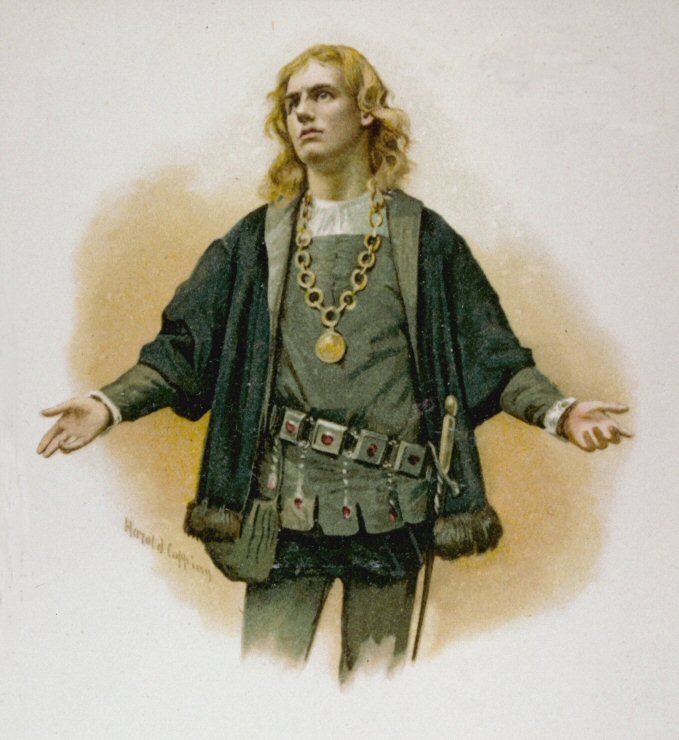Falstaff, one of Shakespeare's great characters, embodies in many ways, the long tradition of Carnival in European culture. In what ways does Falstaff's misrule stand in contrast to other cultural values in the play, like kingship, patriotism, sobriety, and temperance?
If Falstaff was played by Will Kempe, does that change the way you read his character? Can you apply what you know about the evolving tradition of clowning in the period to a reading of this character? Does Hal's ultimate abandonment of the life Falstaff represents echo the period's turning away from carnival traditions? Is this a loss or a gain?




